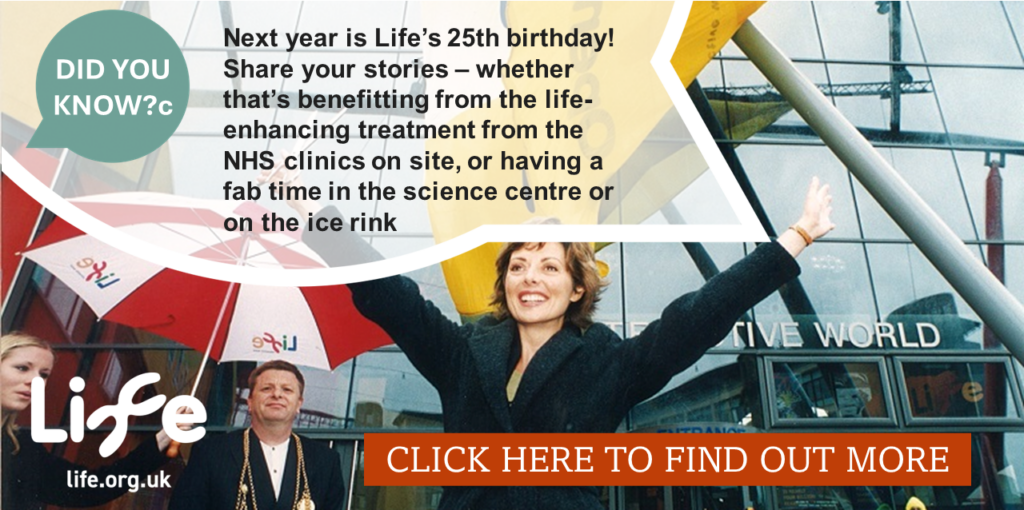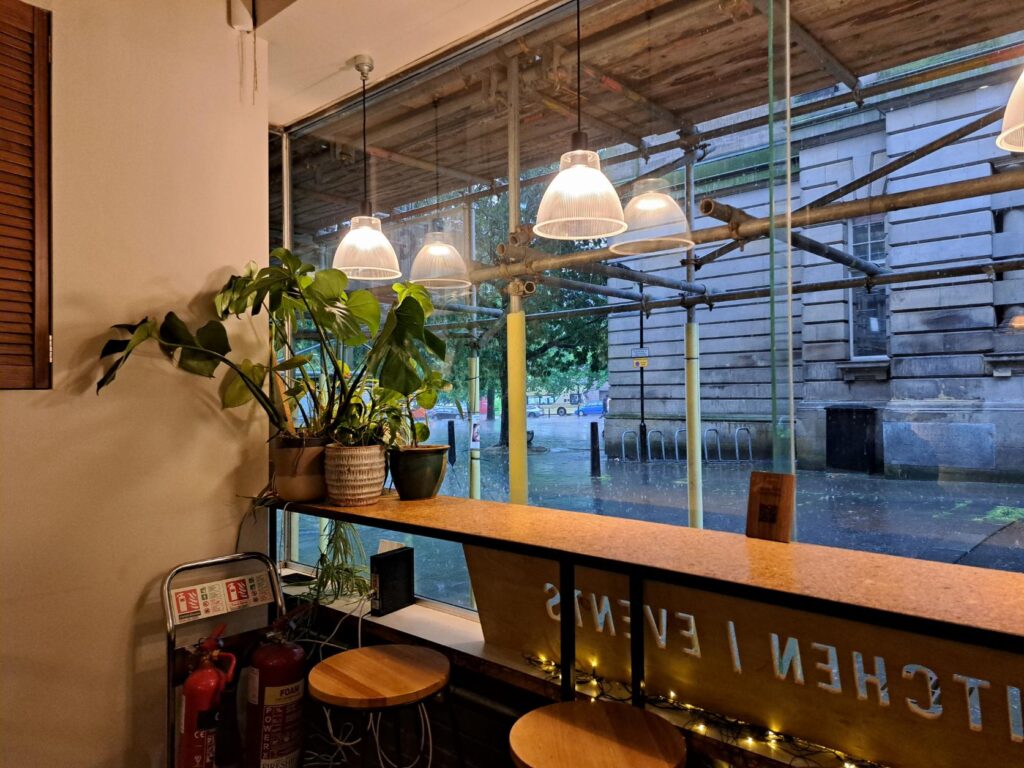
If you’re ever in Newcastle and passing by the Laing Art Gallery, stop and look out for the cafe next door. Its logo and name invite you in with the promise of a bit of magic.
Magic Hat is the city’s first food waste cafe. It collects food that would otherwise go to waste and uses it to prepare a menu that changes daily and serves more than 500 affordable meals every week.
It is the flagship project of BIND UK, a specialist team offering expert advice and guidance to projects that want to help tackle the country’s food waste challenge.
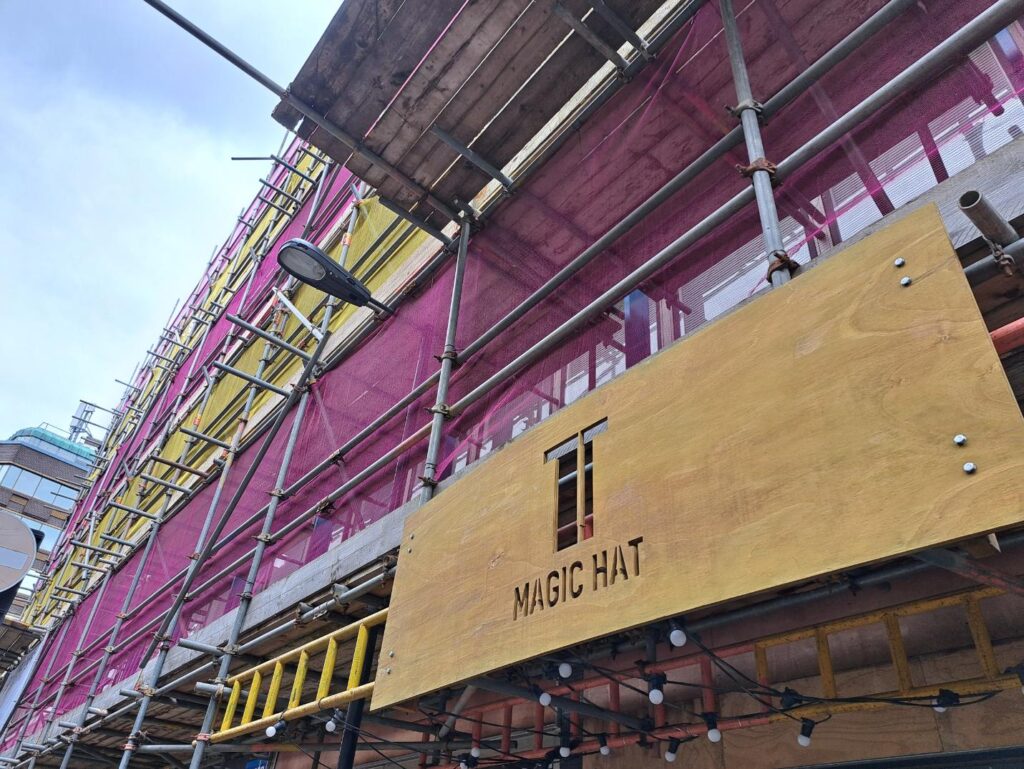
“BIND UK is the prime reason the Magic Hat café exists and it is hard to separate them from each other,” says manager Archie Smith.
But how did it all start? “I started on the project almost 10 years ago,” says Archie. “We were always moving. We had a pop-up in Byker community centre, providing catering and other things with the idea of stopping the food waste. But in 2021 we set up permanently at this place in the city centre.”
The volunteers at Magic Hat represent more than just additional pairs of hands. Co-manager Eilidh Skinner says: “People are coming here because they care about the environmental politics, but also look at the food problems more broadly and find the sense in attacking the food-wasting too.
- Read more: Kynren all set to work its epic magic
- Read more: Alnwick Castle to showcase homegrown fashion
“The first people on this project were also volunteers, so it has always been like a central pillar of ours.”
The general agreements run for three months during which the volunteers can ask to stay longer or leave. “But the positive experience is that they stay or return after their holidays.”
There is a little market by the front door with a variety of bowls, boxes and buckets offering items that are close to their expiry date.
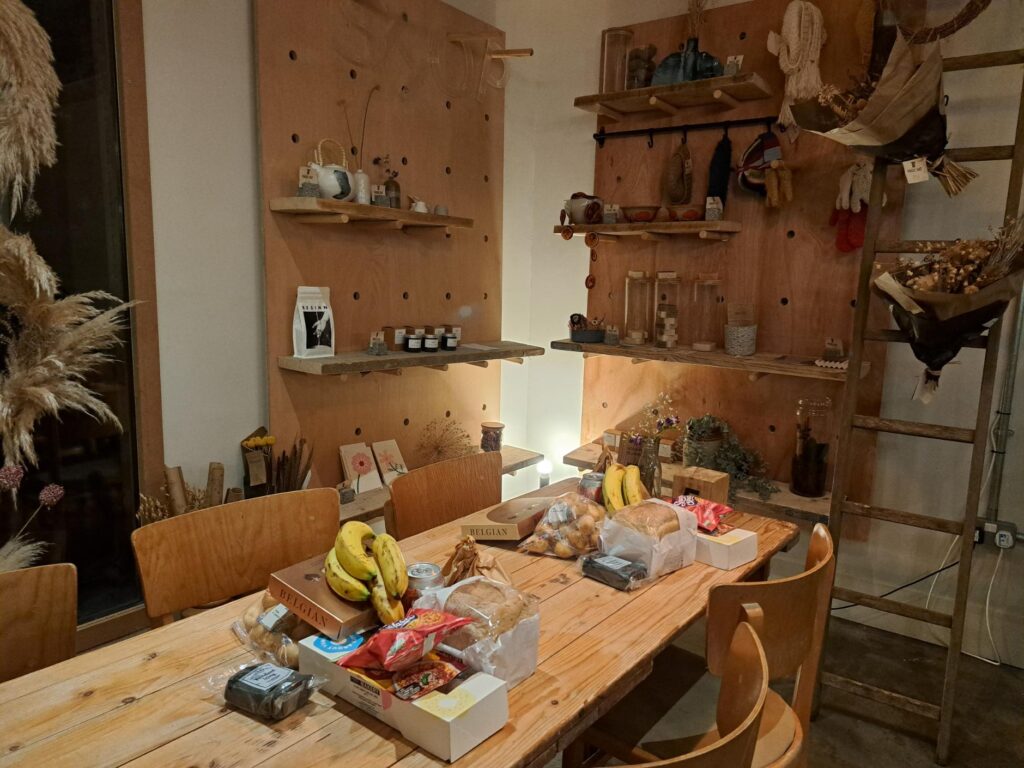
When I check the latest offers, there are all kinds of pastries, scones and bread. Archie says: “Bread is one of the most wasted food items in this country. Also milk and potatoes, and many people don’t know about it.
The mix of offers reflects the items collected from retailers such as Marks and Spencer. However, the process is not easy.
“We are in touch with an organisation called Neighbourly, which runs the logistics and helps us to connect with those food chains,” says Archie. Once the food is in place, the chefs design a menu with what they have available.
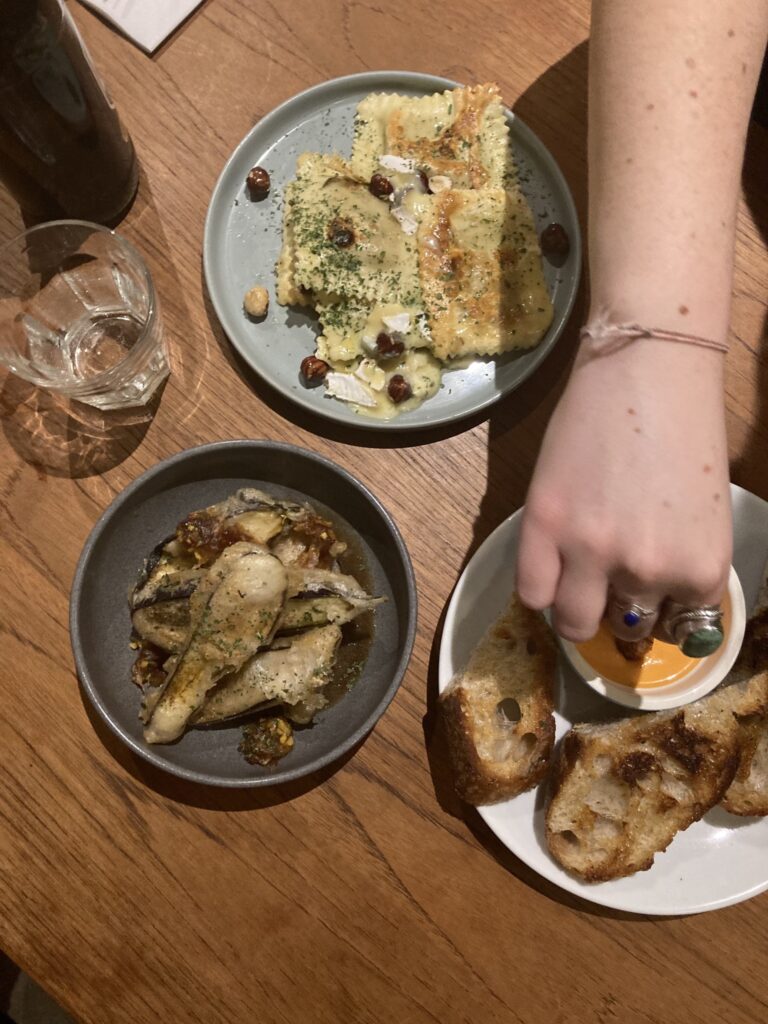
In terms of pricing, the food at the front of the door is on a pay-as-you-feel policy. The cost of the dishes served in the café range between £4 and £12, depending on quality and preparation time.
“To make the food affordable means to let everyone be a part of the reducing process,” says Eilidh.
Accessibility and a friendly environment are among the reasons volunteer Anna (27) decided to join the team. “I had been there spending so much of my time here anyway, so I thought at least I could contribute. I like this place. The food is just delicious and the drinks too.
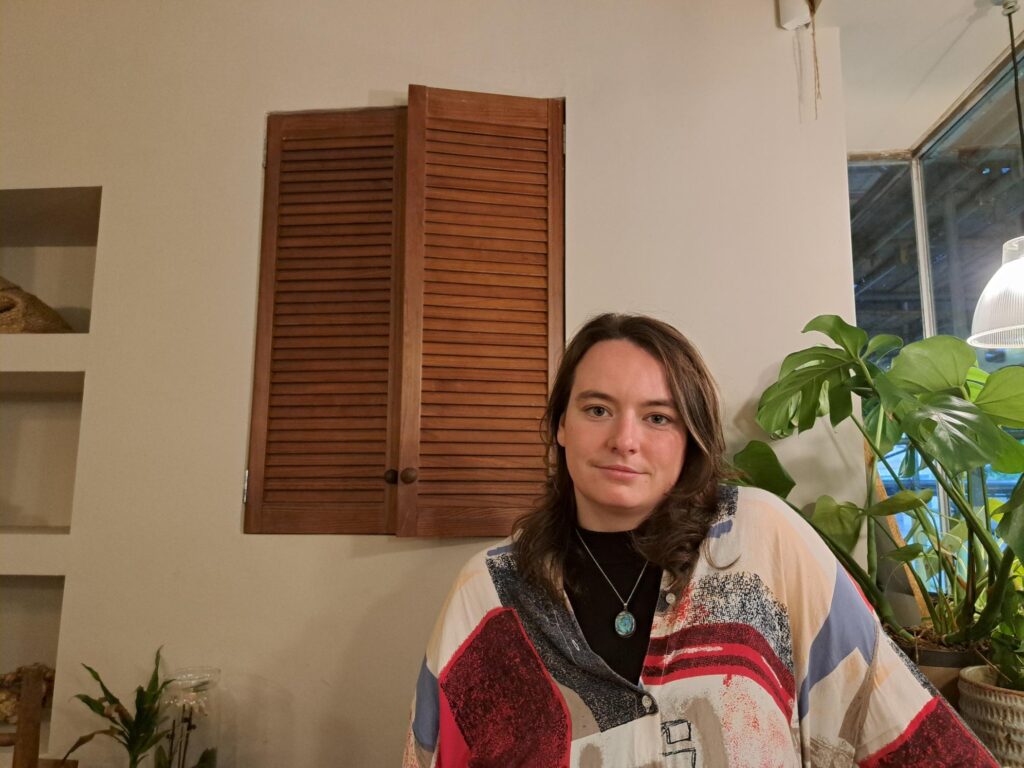
“They let you choose where in the café you want to be – kitchen or waitressing – and then it is all about communication and helping out. I love the idea behind its existence, so I fully support it,” adds Anna.
But Magic Hat goes beyond serving food and successfully reducing food waste. Part of their activity is to educate, especially in cooperation with another BIND UK project Eat Smart. This initiative helps children recognise the issue of food waste and helps them tackle it in their schools.
The Magic Hat project is still evolving and is a great place to learn while you eat.
